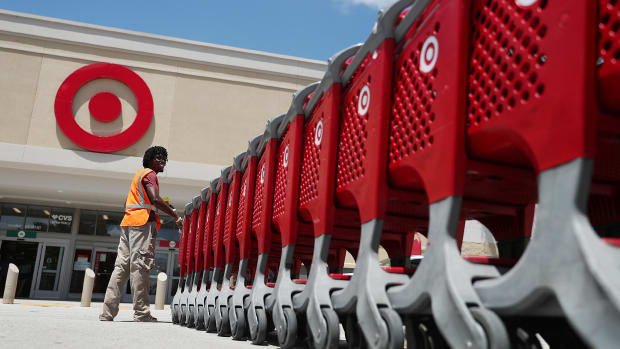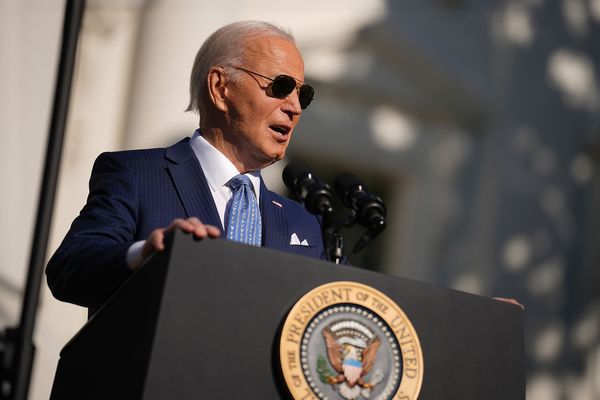The pandemic has disrupted a variety of retail chains. Covid has created supply-chain problems, where ordered items take longer to arrive, but that's not the only problem facing retailers, including Target (TGT) and Costco (COST).
In addition to deliveries becoming unpredictable, forecasting demand is much more challenging. Normally, retailers can use past years' sales to predict next year's demand. During the current period, demand has become fluid and customer patterns have changed more than a few times.
When lockdowns first started, for example, toilet paper, paper towels, and a number of other items were in short supply. That occurred because when people stopped going to work, they consumed more of those items at home. And since office toilet paper and paper towels aren't the same as the ones we use at home, stores sold out.
That problem took weeks to fix because supply chains had to be adjusted. Manufacturers literally had to shift production into making more of the products we use in our homes.
As the pandemic has dragged on, this scenario has repeated multiple times across a variety of areas. That led to Target ending up with too much of some items, which will cause it to lower its prices to sell off some of the excess.
Costco, which has a much more basic product selection, has managed to mostly avoid the excess-inventory problem that has plagued its rival. But increased costs, particularly for fuel and labor, have forced it to pass on some of those increases to customers.

Joe Raedle/Getty
Target Has Too Much Inventory
When you need toilet paper or cat food, it's not in any way relevant that your local retail chain has a warehouse full of televisions.
The problem is that a few months ago, when people were still being careful, demand for televisions was high. A store chain can't restock TVs quickly, so Target ordered new supply in that area -- which was no longer in high demand when it arrived.
That scenario repeated across a variety of product areas, leaving the retail giant with lots of inventory, just not the items customers want right now. This ties up cash, so the company has decided to lower prices to get rid of some of the excess. It explained those moves in a news release:
"The company is planning several actions in the second quarter, including additional markdowns, removing excess inventory and canceling orders."
Chief Executive Brian Cornell made clear that the company sees these issues as a logistics problem, not a sign that it has any long-term problems with its customer base.
"Target's business continues to generate healthy increases in traffic and sales, despite sustained volatility in the macro environment, including shifting consumer-buying patterns and rapidly changing operating conditions," he said.
Selling off these items will hurt Target's short-term profitability, but they could also increase same-store sales. The company does not have a traffic problem -- customer counts have been up -- so lower prices might drive sales in areas that have slowed due to shifting market conditions (you might not be looking for a TV, but at the right price you might buy one).
Costco Has Raised Prices
Costco operates on a membership-based model. It has made clear it's not raising membership prices for now. It has, however, also made clear that it's passing on some cost increases to members.
"I think we always want to be the best value in the marketplace. And to the extent that we continue to show that, I think it's easier for us to pass on higher pricing or higher freight costs or raw-material costs, assuming that we show that value in the marketplace," Senior Vice President Bob Nelson said during the chain's third-quarter-earnings call.
Costco's business is driven by retaining and adding members. It inched its retention numbers up (to the high-end of its historic range) and has continued to add members at its normal pace.
Nelson said the company believes it can increase prices as long as it maintains relative value.
"I mean our most recent shops, against who we watch most closely, have not changed. And we're every bit as competitive as we've been, notwithstanding the fact we have taken some prices up in certain areas, in food, in sundries, and in fresh foods," he said.







